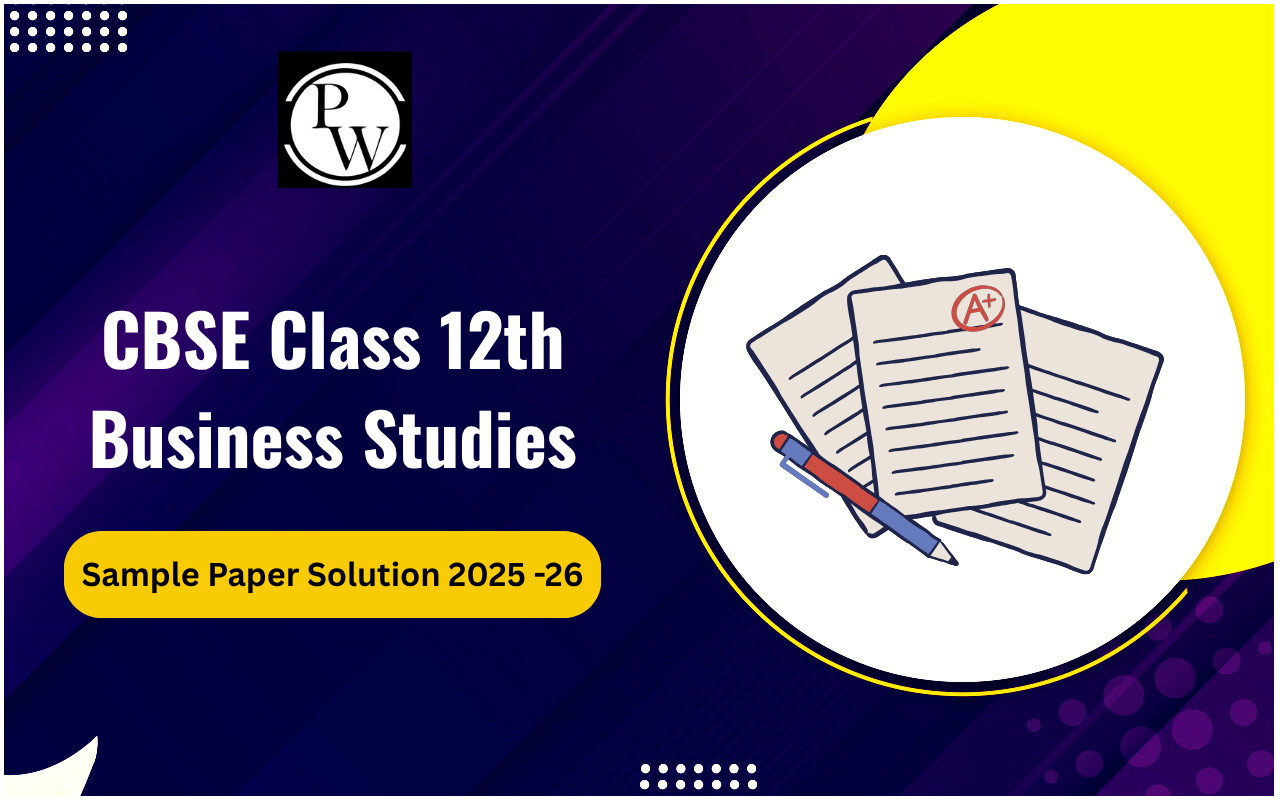


All Blogs







Get Free Counselling Today
and Clear up all your Doubts
Commerce refers to the buying and selling of goods, services, and commodities among individuals and businesses. It includes all activities involved in this exchange process, directly or indirectly. Commercial activities are vital for a nation’s growth and can impact the quality of life by enabling trade within the country and internationally.
After completing 10th grade, many students opt for Commerce because it offers various career paths. This makes Commerce a popular choice alongside Arts and Science. Key subjects in Commerce are Economics, Accountancy, and Business Studies. This article will provide comprehensive information about the Commerce stream.
What Is Commerce?
Commerce encompasses the exchange of goods and services between individuals and businesses. It is widely recognized as one of the three major streams of education, alongside Science and Arts.
Within the field of Commerce, various aspects of business, trade, accounting, financial information and transactions, as well as merchandising, are studied and explored. The study of Commerce holds great importance as it contributes to the growth and progress of nations and their inhabitants by facilitating trade both domestically and internationally.
Importance of Commerce Stream in Class 11th and 12th
Choosing your path after finishing 10th grade is crucial because it sets the stage for your future career. To make the right decision, it’s important to consider your interests.
In India, most students opt for Arts, Commerce, or Science streams after 10th grade. According to the 2019 All India Survey on Higher Education (AISHE), Arts was the most popular, followed by Science, and then Commerce. In Commerce, students learn about economics, business policies, and trade, gaining skills that are valuable in various business sectors.
If none of these streams appeal to you, remember there are plenty of other options available. You don’t have to follow the crowd; you can carve your path. Choose something you’re passionate about and excel in it.
Why Choose Commerce?
Opting for Commerce opens up a wide range of degree and career opportunities. Fields like Chartered Accountancy (CA), Chartered Financial Analyst (CFA), and banking offer lucrative and fulfilling career paths for Commerce students.
If you enjoy working with numbers, handling data, and have an interest in finance and economics, Commerce could be the right fit for you. Subjects like Accountancy, Economics, and Business Studies provide valuable insights into the business world, preparing students for exciting opportunities in various industries.
Commerce Subjects List
Commerce, as an educational course, focuses on the study of business and trade activities involved in the exchange of goods and services from producers to end consumers.
In the Class 12 curriculum, students are exposed to a range of important subjects within the Commerce stream, including Accountancy, Economics, Business Studies, Statistics, Mathematics, and Informatics Practices.
For their Class 11 and Class 12 courses, students can select from a variety of combinations. The following subjects are the topics that is in commerce class 11 and commerce class 12.
| Commerce Subjects List | |
| Class 11 Commerce Subjects | Class 12 Commerce Subjects |
|
|
Accountancy
Accountancy is the process of keeping track of, organizing, and summarizing business transactions. It involves recording all the financial activities of a company, categorizing them appropriately, and presenting the information in a way that allows for a clear evaluation of the company’s financial performance and position.
Some common tasks in accountancy include documenting transactions, classifying them into different categories, and generating reports. When these reports are prepared for external use, such as by individuals or other companies, it is referred to as “financial accounting.”
Economics
Economics encompasses various perspectives to explain its fundamental concepts. It involves the examination of scarcity, the exploration of how individuals and societies effectively utilize limited resources.
By delving into this field, individuals gain insights into the decision-making processes employed by individuals, companies, and governments as they allocate resources to meet their needs and wants. Additionally, economics aids in determining the most effective ways for individuals and organizations to collaborate and coordinate their efforts to achieve desired outcomes.
Business Studies
Business Studies is a broad field within the social sciences that offers a comprehensive exploration of various specializations. These include Finance, Accountancy, Marketing, and Organization.
The subject provides individuals with a solid grounding and comprehension of how businesses should be run while also improving their skills in communication, operations, strategy, and commercial activities.
In simpler terms, studying Business Studies equips you with the knowledge and abilities needed to effectively manage and operate a business while also honing important skills that can be applied in various professional contexts.
English
English is a mandatory subject in all streams of education, including Commerce, Science, and Humanities. It is often referred to as the “global language” and is becoming increasingly popular as one of the most widely spoken languages worldwide.
In classes 11th and 12th, students have the opportunity to enhance their writing, speaking, listening, and comprehension skills through English lessons.
Informatics Practices
Informatics Practices is a branch of research focused on software-related topics. It encompasses areas such as software development, networking concepts, and coding.
This field is closely related to Computer Science, but it specifically excludes hardware-related concepts. In Informatics Practices, there is a greater emphasis on networking concepts compared to traditional Computer Science.
Mathematics
Mathematics plays a crucial role in the world of commerce as it provides the foundation for understanding and analyzing numerical data. Whether it’s an individual or an organization, having a basic grasp of mathematical principles is essential for comprehending their current and future financial standing.
Mathematics is widely employed in various aspects of commerce, such as inventory management, marketing strategies, accounting practices, financial analysis, and sales forecasting. These fields heavily rely on mathematical tools and techniques to make informed decisions and effectively manage resources.
By utilizing mathematics, individuals and organizations gain valuable insights into their financial position and can make informed predictions and plans for the future.
Boards for Commerce Stream
In India, there are four main educational boards for students to choose from. These are CBSE (Central Board of Secondary Education), ICSE (Indian Certificate of Secondary Education), IB (International Baccalaureate), and State boards. Students have the freedom to select the board they feel comfortable with, often based on the level of difficulty of the syllabus.
Among these boards, the International Baccalaureate (IB) is considered the most challenging. It focuses heavily on teaching students how to learn, emphasizing practical application of knowledge.
Following IB, ICSE is known for its complexity, while CBSE is popular and has a moderate difficulty level. CBSE operates under the Union Government of India.
State Boards, on the other hand, vary by region, with each state having its own board regulated by its respective State Government. These boards typically use the regional language alongside English as the medium of instruction.
Commerce Career Options
Commerce is a field of study that focuses on business activities, particularly the exchange of goods and services from producers to consumers. It offers a wide range of opportunities both within a country and at the international level. After completing the 11th grade, students can explore the following career paths and professional commerce courses.
- Bachelor of Commerce (B.Com): A 3-year undergraduate degree providing a solid foundation in commerce.
- Post-Graduation Professional Courses: Pursuing specialized postgraduate programs in commerce.
- Specializations: Exploring different areas of commerce for in-depth knowledge and expertise.
- Chartered Accountancy (CA): A prestigious profession involving financial accounting, auditing, and taxation.
- Company Secretary (CS): Managing corporate legal and governance affairs.
- Cost and Management Accountants (CMA): Focusing on cost accounting, financial management, and strategic planning.
- Chartered Financial Analyst (CFA): Specializing in investment analysis and financial management.
- Banking Sector: Pursuing careers in banking and financial services.
- Teaching: Sharing knowledge and expertise by becoming a commerce educator.
- Other Career Options: Exploring various professional and satisfying paths in commerce.
These options provide ample opportunities for individuals interested in the commerce field to build successful careers and contribute to the business world.
FAQ
What are the core subjects in Commerce Class 11?
What is the scope of Commerce Class 11?
What are the subjects in commerce class 12?









